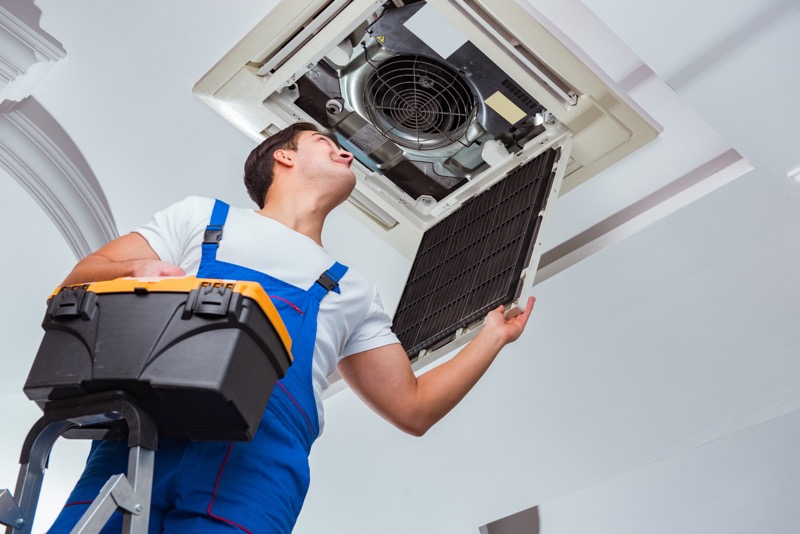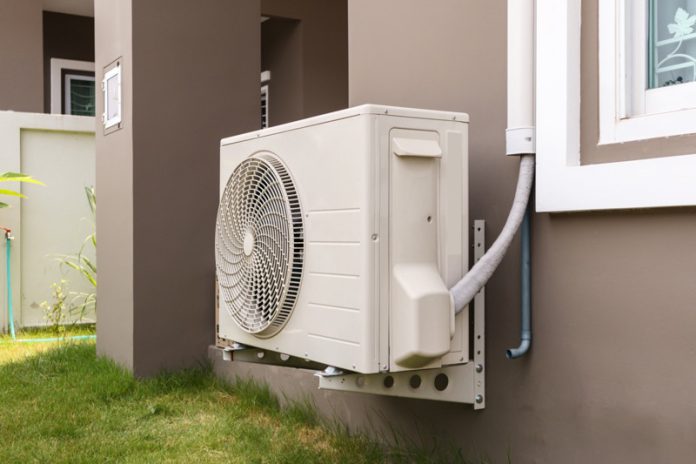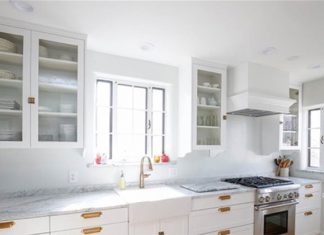Apart from providing comfortable conditions in your home, a heating, ventilation and air conditioning (HVAC) unit also forms a big part of your energy spending. This can be more noticeable, especially during the summer and winter months. Therefore, it’s essential that when selecting one to install, you look not only at its purchase price but also the overall efficiency over seasons. As it’s a considerable investment, getting the right HVAC system from the start can also add value to your home.
Additionally, when choosing an HVAC unit, you can look at its ease of maintenance. This can be in the form of the availability of a local authorized dealer within your location. When you get such a unit, for example, as with Daikin ducted air conditioners, you can easily access the support you need in terms of repairs, maintenance, and replacements. This can help reduce your overall maintenance costs.
Furthermore, you can use the tips below to help you choose the most cost-effective HVAC system for your home.
-
Choose The Right Size
When looking for an HVAC unit, it’s essential to know the size and number of rooms the system will serve. This can help you, and the HVAC experts determine the size of the unit to install in your home. Moreover, the importance of getting the right size goes beyond the initial amount you spend on purchasing the unit.
For example, if you get a small unit in relation to the size of your home, it means the HVAC unit has to work continuously to attain the right conditions. This can go against you in various ways. First of all, the large home overworks the unit—meaning its lifespan may get shorter, and also its components may require frequent repairs and replacements. This can rack up your HVAC maintenance costs in the long run. Secondly, as the unit runs throughout, your energy costs increase.
On the other hand, if you get a large unit in relation to the home, it may not work at its optimum. Thus, some components, especially the moving parts, may be used less. Because of the disuse, these parts can rust or gather dirt and debris, reducing their lifespan.
Overall, the right size of an HVAC unit for your home ensures its optimum working condition. Thus, you achieve the correct temperatures without over or under-working the unit. This can help you save on energy bills and repairs and maintenance.
-
Look At The Energy Efficiency Rating
Whether you’re looking at replacing an old HVAC unit or a new installation, checking the energy efficiency rating on the unit is essential. You can achieve your desired comfort at home with an energy-efficient system while spending less on utility bills. For example, if a unit has an energy efficiency rating of 25%, it can save 25% on the cost you would spend on your energy bills.
Three ratings are used on an HVAC system to indicate its energy efficiency. The seasonal energy efficiency ratio (SEER) is the most common on heat pumps and air conditioners. This helps you know its annual efficiency measure. The most effective system would have a rating of 30 or above. However, most can have a star rating with a 14-and above annual measure.
On the other hand, average fuel utilization efficiency (AFUE) helps indicate the efficiency of gas or oil-fired furnaces. HVAC experts recommend choosing a unit with at least a 78% rating, with the most efficient unit having up to 98% rating.
Another is the heating seasonal performance factor (HSPF) rating which shows energy efficiency for heat pumps. In this category, the most efficient units would have a rating of 13 and above, with experts recommending getting one with at least eight. In each of these ratings, you see the unit’s efficiency annually. Overall, the higher the rating, the more efficient it is, and the more you can save.

-
Consider Compatibility To Smart Thermostat
A smart thermostat characteristically responds to temperature changes faster than older models. This means that when the temperature in your home reaches the set one, it detects it quicker than the older versions. Thus, it can turn off or on the HVAC unit as required. This means that the HVAC unit doesn’t run longer than necessary, yet the set temperature has been attained. With a smart thermostat, the unit can turn on or off as soon as the temperature is outside the set parameters.
As a result, the HVAC unit doesn’t work longer before shutting off or bringing the temperatures to the optimum settings. This smart regulation can help reduce your energy costs and keep your repair costs minimum.
Conclusion
Having an HVAC unit in your home is essential for a comfortable home. However, choosing one that can provide you with this condition with minimal costs is vital. The above tips can help you select the HVAC system to install in your home.















